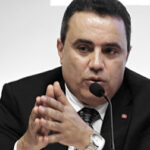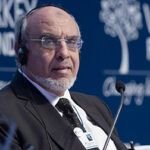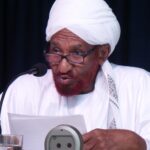This MENA Regional Forum, supported by European Commission DG DEVCO, provided a unique opportunity to identify relevant practices to strengthen national and regional responses to violent extremist threats. In it, participants specifically addressed issues of effective messaging and the challenges of building trust and sustainable partnership among interlocutors. The role of civil society in community resilience; and influence of traditional and social media in radicalization and recruitment, in order to reframe the narrative debate through the evidence-based recommendations on effective communication strategies, messaging and transformative narratives against violent extremism were among other relevant topics that we reviewed.
With an increase of more than 80 per cent in the total number of deaths caused by violent extremism in 2015, international efforts and current strategies to tackle the drivers of radicalization suffer from lack of empirical data and coordination. The conclusions of the Forum will be presented to the governments of the region and relevant regional organizations in an advocacy effort to strengthen national and regional policy frameworks on this front. The final conclusions of the of the Forum will ultimately be incorporated in the final recommendations report – the main outcome of the project – on delivering alternative narratives to counter violent extremism.
Participants included Institute for Strategic Dialogue; Adyan Foundation; Elcano Royal Institute; TRENDS Research & Advisory; Breakthrough Media; UNESCO; UNDP; Mercy Corps; National Committee of No hate Speech Movement (Morocco); Tunisian League for Human Rights Defense; Samir Kassir Foundation; Interpeace; EU Delegation to Tunisia; Observatoire Méditerranéen Jeunesse et Société; Mo Ibrahim Foundation; GCERF; Search for Common Ground; Cairo Center for Conflict Resolution and Peacekeeping in Africa; NOVACT International Institute for Nonviolent Action; European Institute of the Mediterranean (IEMED); and Tunisian government representatives among others.




